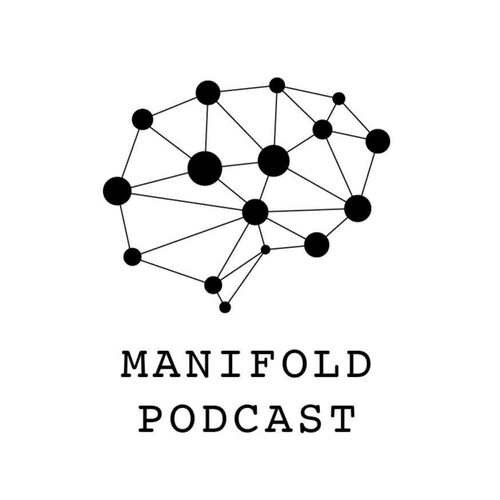
 Manifold
Manifold Incels, Evo Psych, and Modern Literature with ARX-Han — #83
59 snips
Apr 10, 2025 Delve into the intriguing intersection of inceldom and modern masculinity through a gripping novel analysis. Explore the roots of incels in historical context while examining how dating apps shape contemporary relationship dynamics. Unearth the philosophical depths of consciousness, free will versus determinism, and the challenges posed by AI in literature. The discussion also critiques the evolving landscape of literary fiction, highlighting shifts in narratives and the impact of cultural shifts on storytelling.
AI Snips
Chapters
Books
Transcript
Episode notes
Incel, A Modern American Psycho
- Steve Hsu describes ARX-Han's novel, "Incel," as a modern update of "American Psycho."
- The protagonist, an evo psych grad student, views the world mechanistically, struggling with sex and relationships.
Biomaterialist Tragicomedy
- ARX-Han's writing style contrasts lived experience with scientific reductionism applied to intimate affairs.
- The protagonist's hyper-fixation on evo psych creates a comedic yet tragic narrative.
Reductionism and Nihilism
- Materialist reductionism can dissolve meaning, creating a nihilistic view of life choices.
- This reductionism, amplified by evo psych, contributes to the modern incel's distinct struggle.








